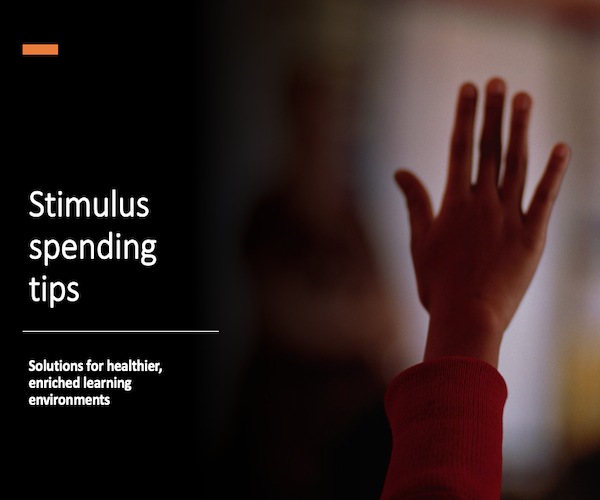Metro Nashville Public Schools graduates are facing lifetime earnings loss with COVID compounding college affordability and access challenges, a new report says.
About 800 Metro Nashville students who in a typical year would enter college are now not enrolled due largely to the COVID pandemic, according to the 2021 Bridge to Completion report by the Nashville Public Education Foundation and the Tennessee College Access and Success Network.
“This year’s Bridge to Completion reveals several stark downward trends suggesting Nashville students need increased postsecondary prep and supports more than ever,” said Jennifer Hill, vice president of policy and programming at the Nashville Public Education Foundation.
Not all the college-going trends identified in the report are directly tied to COVID-19 but the pandemic has worsened existing inequities and barriers that students face in accessing higher education, the Foundation says.
More from DA: How 2 districts energize CTE pipelines with local industry
COVID convinced many students not to enroll in a two- or four-year institution, while others dropped out, as college programs moved online and students and families struggled financially, the report says. “The pandemic poses an unforeseen burden on students and families, intensifying issues in both college affordability and access for all students, particularly those most vulnerable,” said Bob Obrohta, executive director of the Tennessee College Access and Success Network.
“While no single entity is at fault for the declines in enrollment and persistence resulting from COVID-19, it is our collective responsibility to increase supports and implement necessary changes to policy and practices,” Obrohta says.
Here are some of the impacts highlighted by the report:
- Metro Nashville’s graduating classes of 2019 and 2020 could lose an estimated $184.4 million in lifetime earnings, the report found.
- While 81% of Metro Nashville students took steps towards college this past year (a rate similar to past years) 41.9% of students experienced “melt”—meaning they had college-going intentions but did not enroll in the fall of 2020.
- The rate of melt over the summer more than doubled from the previous year, likely due in part to the COVID-19 pandemic.
- The district’s 2020 college-going rate was 46.9%, a -8.3% decline from 2019, and the lowest point in over a decade.
- All high schools across the district and nearly all demographic student groups were affected by decline.
- Race/ethnicity gaps remained the same as in previous years, with fewer Black and Latinx students enrolling than their white and Asian peers.
- College persistence data for the class of 2019 plummeted—with only 59% of first-year college students continuing into to their second year, the lowest persistence rate since 2012.
With in-person learning resuming in Nashville and more individuals being vaccinated, it is possible to improve downward trends but we must actively address issues of affordability for low-income students,” said Hill.
The 2021 report makes three key recommendations:
- Accelerate robust college and career exploration and counseling as a core part of students’ high school experience, and deepen the participation of local employers and nonprofits in this process.
- Diversify and strengthen academic and career preparation so that more high school students can earn early college credit and high-demand certifications.
- Advance policies and practices across higher education that reduce economic barriers for students to enroll, persist and complete college.









